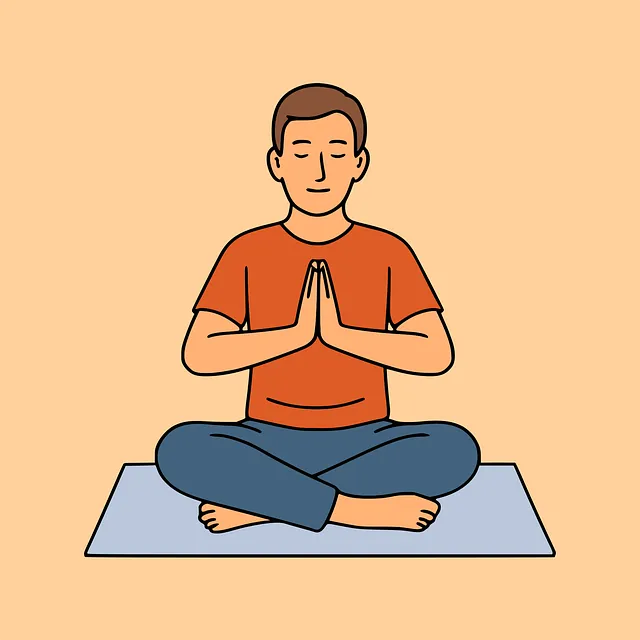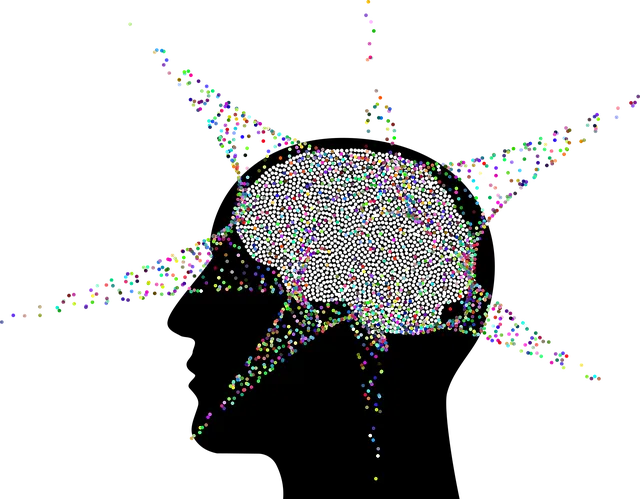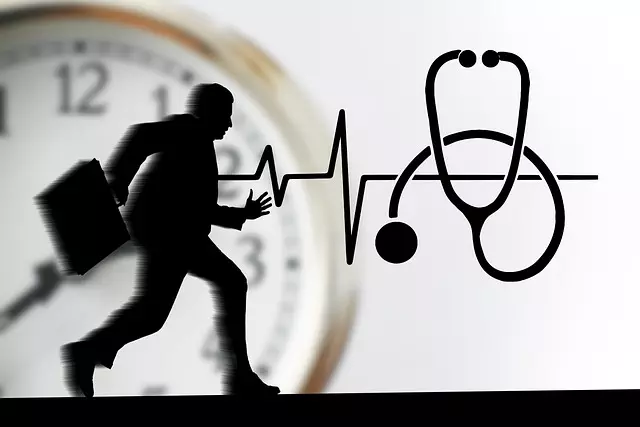The Englewood Kaiser mental health programs offer a community-driven approach to wellness, focusing on inclusive group dynamics and effective facilitation techniques. Through active listening, reflective practices, and structured sessions, facilitators create a safe space for participants to build emotional resilience and enhance overall well-being. These programs combine guided meditations, mindfulness exercises, mood management skills training, and open communication to empower individuals and drive positive change within the community.
Group facilitation techniques play a pivotal role in enhancing mental wellness, particularly through programs like those offered by Englewood Kaiser Mental Health Services. This article explores effective strategies for group dynamics, drawing from the structured framework of Englewood Kaiser’s programs. We’ll delve into techniques that foster engagement and healing, providing insights for facilitators to create supportive environments where individuals can thrive and heal collectively.
- Understanding Group Dynamics for Effective Facilitation
- Englewood Kaiser Mental Health Programs: A Framework for Group Support
- Techniques to Foster Engagement and Healing in Group Settings
Understanding Group Dynamics for Effective Facilitation

In facilitating mental wellness groups, understanding group dynamics is paramount. Englewood Kaiser mental health programs have recognized this, incorporating techniques that foster a supportive environment conducive to emotional well-being promotion. The first step for facilitators involves recognizing and respecting individual differences within the group, accommodating diverse perspectives and experiences. This inclusive approach ensures every member feels valued, encouraging active participation and open communication.
Additionally, facilitators should employ strategies like active listening and reflective practices to enhance group cohesion. By creating a safe space where positive thinking is encouraged and stress management workshops are organized, participants can build upon each other’s insights. These techniques not only promote positive emotional well-being but also equip individuals with valuable tools for navigating life’s challenges effectively.
Englewood Kaiser Mental Health Programs: A Framework for Group Support
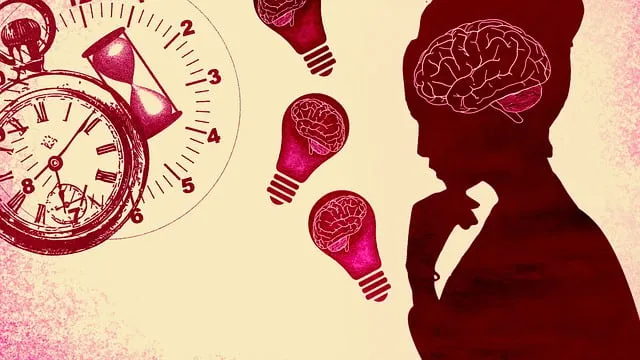
The Englewood Kaiser Mental Health Programs offer a robust framework for group support, catering to diverse mental health needs. This innovative approach prioritizes community and connection, recognizing the power of collective healing. Through structured groups sessions, participants benefit from shared experiences, fostering a sense of belonging and understanding. The programs are designed to enhance emotional regulation skills, promote positive thinking, and provide a safe space for individuals to navigate trauma support services collaboratively.
Facilitators play a pivotal role in creating an engaging and supportive environment, encouraging open communication and active participation. By leveraging the Englewood Kaiser Mental Health Programs’ proven methods, group facilitators can effectively guide members towards improved mental wellness. This collaborative approach not only empowers individuals but also creates a ripple effect of positive change within the community.
Techniques to Foster Engagement and Healing in Group Settings
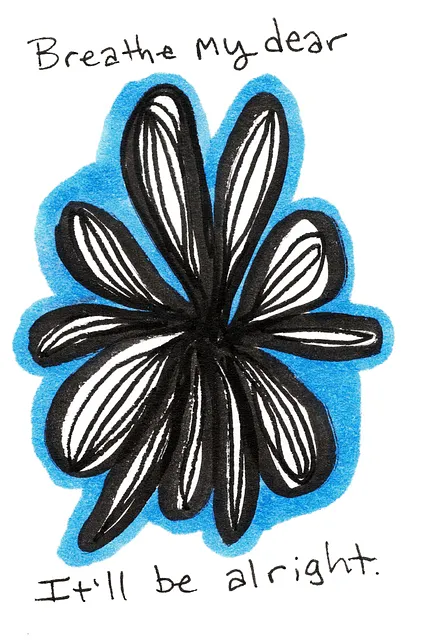
Engaging participants and creating a safe space for healing are key aspects of group facilitation, especially in mental health programs like those offered by Englewood Kaiser. Facilitators can employ various techniques to foster a sense of belonging and encourage active participation. One powerful approach is incorporating Compassion Cultivation Practices, which involve guided meditations and mindfulness exercises that promote self-kindness and empathy towards oneself and others. This not only enhances emotional well-being but also encourages open dialogue within the group, allowing members to share their experiences and support each other.
Additionally, skills training in Mood Management is essential for creating a healing environment. Group facilitators can teach participants coping strategies, such as cognitive reframing and relaxation techniques, enabling them to navigate emotional challenges more effectively. By combining these practices with an inclusive group atmosphere, facilitators can ensure that each member feels heard, validated, and empowered, ultimately contributing to the success of mental health initiatives like those provided by Englewood Kaiser.
Mental wellness group facilitation is a powerful tool, as evidenced by the structured framework provided by Englewood Kaiser Mental Health Programs. By understanding group dynamics and employing techniques that foster engagement, facilitators can create safe spaces for healing to occur. These strategies, when combined with a supportive environment, enable individuals to navigate their mental health journeys collaboratively, ultimately enhancing overall well-being.
